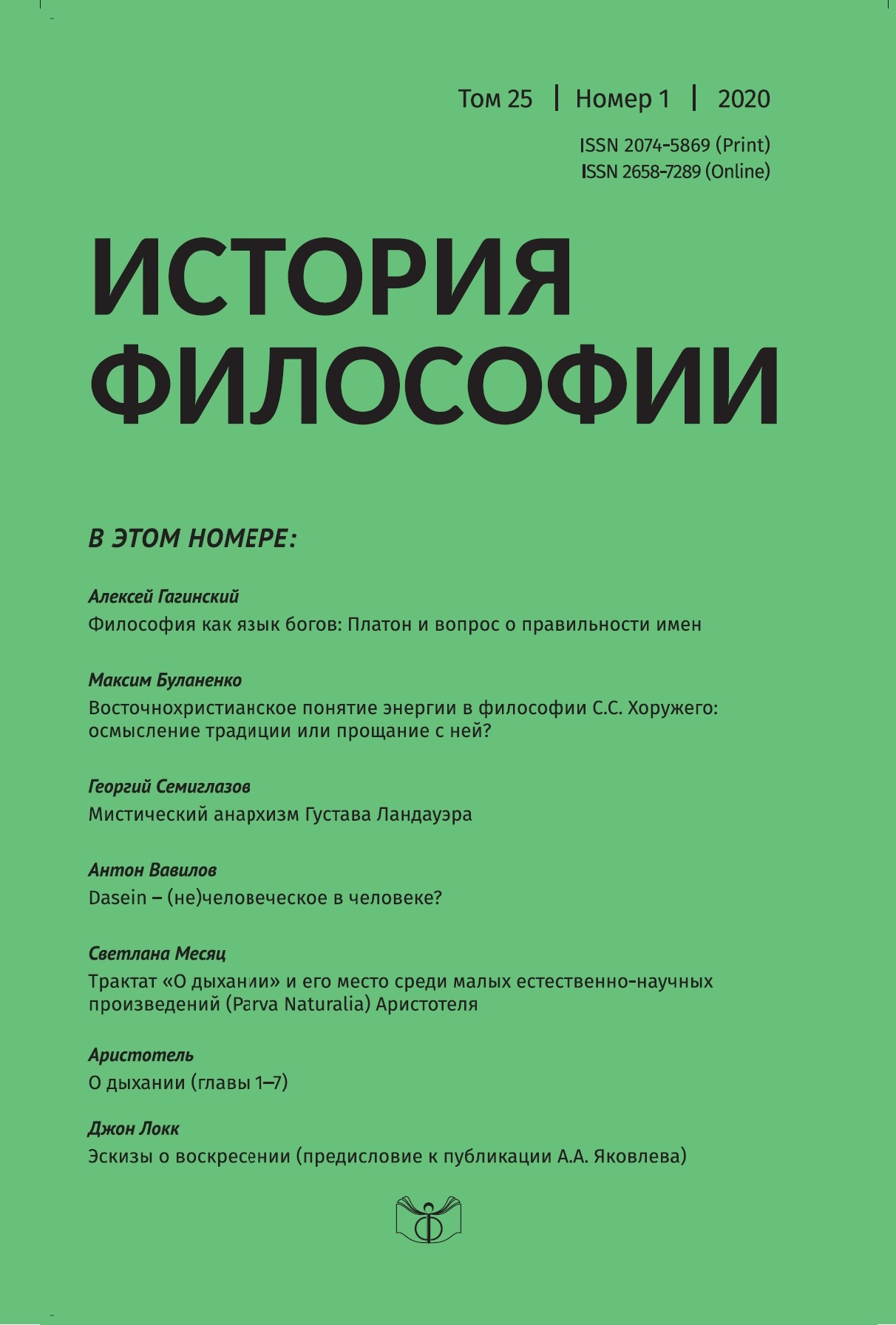Critique of Reason and intellectus agens: Epistemological Project of Joseph Maréchal
Keywords:
neo-Scholastic, neo-Thomism, philosophy, noology, reason, mind, intellect, cognitionAbstract
This article discusses the philosophical doctrine of the French Jesuit J. Maréchal, which became the basis for “Transcendental Thomism”. The origins of this project are considered against the background of the philosophical and theological discussions witnessed by Maréchal, in particular, the controversy with Neo-Kantianism, Bergsonism and Catholic Modernism, which influenced Maréchal’s decision to turn to Kantian criticism and propose its Thomistic rethinking. Among the transformations to which Kantianism was subjected by him, we should note a return to the correlation of the concept of “understanding” (Verstand) from the “Critique of Pure Reason” with the scholastic concept of “actual reason” (intellectus agens). Although this step has already had precedents (in the interpretations of J. Balmes, E. Peillaube), J. Maréchal builds on its basis a special interpretation of a priori, mental synthesis and abstraction. At the same time, he departs from both the original teachings of Thomas Aquinas and those leading interpretations that were characteristic in his time (G. Mattiussi, E. Hugon). This allows us to consider the “Transcendental Thomism” by J. Maréchal as a unique historical and philosophical experience that influenced the subsequent development of Neo-Thomism (J. Maritain, K. Rahner, and others).

